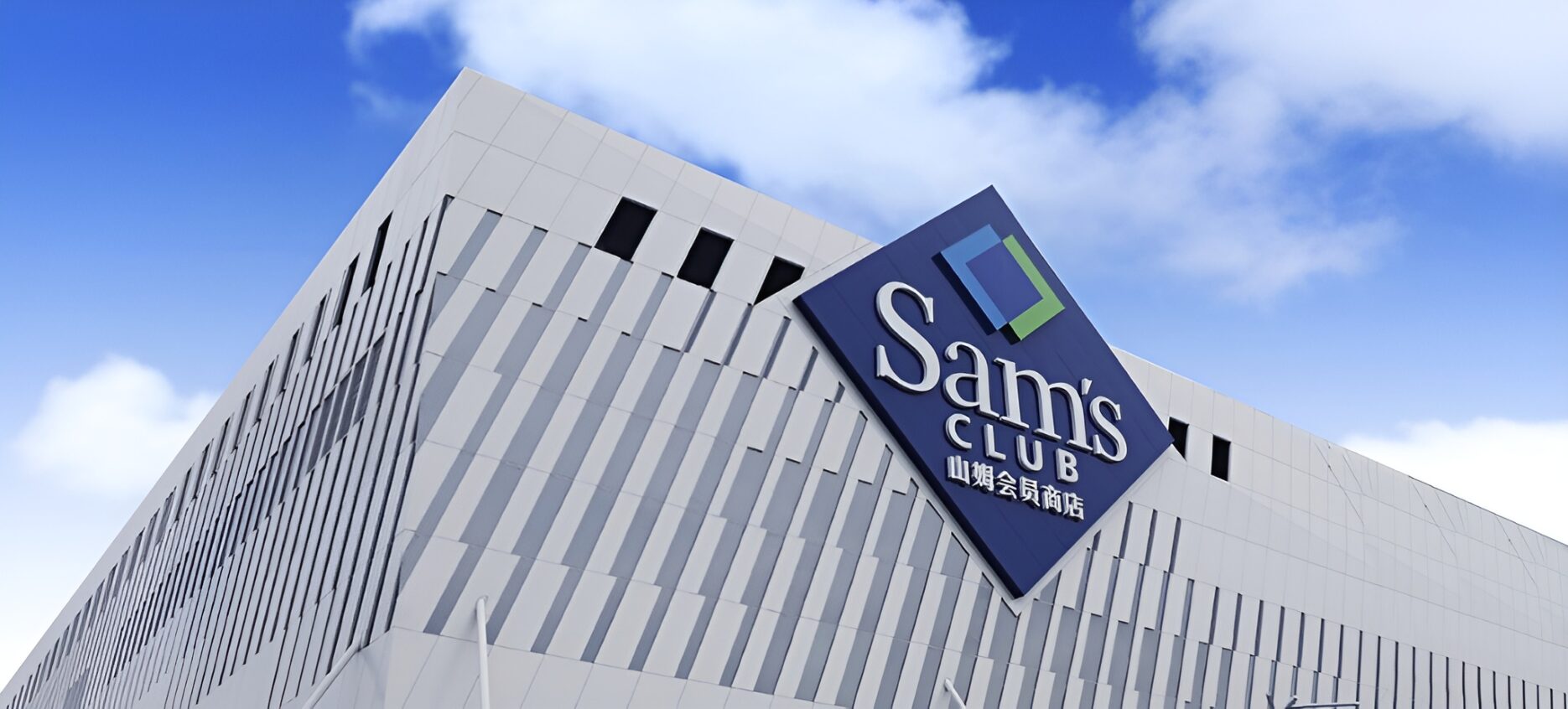For years, Sam’s Club, the warehouse club of American supermarket goliath Walmart, has been an absolute favourite among Chinese middle-class shoppers. For a membership fee, customers can get groceries imported from countries with higher safety and quality standards, as well as specially compliant versions of domestic products. Food safety and quality are guaranteed at a reasonable price. However, all this changed almost overnight after some controversial merchandising choices by Sam’s Club.
In early July, Sam’s Club removed several popular snacks from its shelves and replaced them with regular snack brands that can be found at any high street supermarket, such as Weilong (卫龙, famous latiao maker) and Orion Choco Pie. Ironically, the Choco Pie is a special low-sugar version that some outlets have verified as exclusive to Sam’s Club. The Weilong product also has minimal branding on the packaging, which some interpreted as Sam’s Club having something to hide.
- #山姆下架多款口碑商品上新好丽友 Sam’s Club removes several popular items from shelves and replaces them with Orion: 150 million views on Weibo, ranking number 1 on the Hot Search list
- #山姆线上已下架好丽友 Sam’s Club removes Orion from online shop: 110 million views on Weibo, ranking number 1 on the Hot Search list
It has taken years for supermarket chains such as Sam’s Club, DL (胖东来, Pangdonglai), and Aldi to build trust with Chinese consumers. Sam’s Club stands out from the others because of its membership fee on top of product prices. For middle-class consumers, the fee is seen as a price for a quality guarantee, but if you can get generic items that are available elsewhere, what’s the point of the fees and prices? As the chain expands and localises, it’s almost inevitable that its supply chain will consist of more local suppliers. How Sam’s Club will regain consumers’ trust while expanding and localising, without being called “Walmartised”, is the key question.




